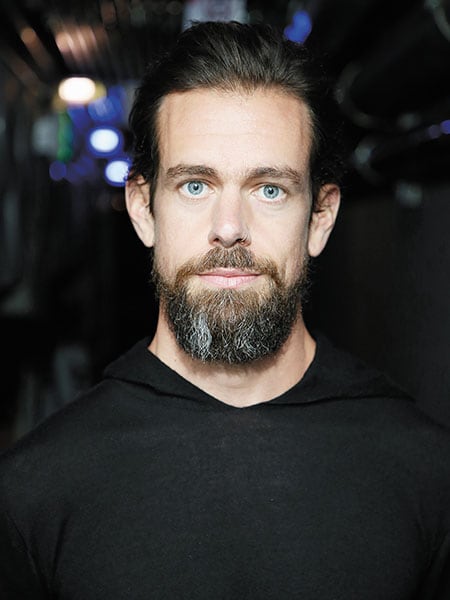
Twitter's poll play in India
CEO Jack Dorsey's recent visit might open up a bigger role for the micro-blogging site in the 2019 election

Image: Phillip Faraone / Getty Images
With social media platforms standing a risk of becoming echo chambers, especially in poll-bound states, Twitter chief executive Jack Dorsey, on a recent trip to India, maintained that while the company will do its best to curb the spread of fake news, it is a gargantuan task.
India is headed for central elections in 2019 and Twitter has emerged as an important tool for politicos over the years. Prime Minister Narendra Modi, for instance, has 44.3 million followers.
“We agree, it’s a very real problem. So we’re focussed on making sure we are doing our best to look at the network and understand the dynamics that people are using to game the system, to spread misinformation,” Dorsey told The Economic Times. “Because as you fix something, people will always find ways to ride around it. The best that we can do is be 10 steps ahead of everyone else and we will do our best to do that.”
Twitter claims India is one of its fastest growing markets. According to Statista, Twitter had about 7.83 million active users in India in October, as against 49.35 million in the US. But it is significantly smaller than Facebook and its subsidiary WhatsApp. In October, India was Facebook’s biggest market with 294 million active users, ahead of 204 million users in the US. WhatsApp had approximately 200 million active users in India till February.
With India also pressing global companies to store data locally, Dorsey’s visit would give Twitter a greater visibility among potential users as well as break the ice with the government, say industry observers. “Of late, there has been a lot of conversation around data localisation and American companies are worried about its implications. The timing of his visit is interesting because the localisation conversations have gained momentum and then, this is the run up to the electoral season as well,” says Naman Pugalia, founder at FourthLion Technologies, a political campaign planner.
Experts, however, believe Facebook and WhatsApp have a bigger sway over the masses compared to Twitter. “This is on the basis of their user base. Also, Twitter in India is an urban phenomenon while Facebook and WhatsApp are more ubiquitous,” says a senior executive of a digital advertising company. “But then, Twitter does create an impact on live updates and breaking news.”
In order to ensure greater transparency, Twitter, earlier this year along with Facebook and Google, started to label political ads on the platform. Besides, in the US, it has introduced election labels for political candidates that contain information about the office they are running for and more. The labels appear on the candidate’s profile page as well as against their tweets and retweets. This apart, Twitter’s Blueroom initiative, which acts as a platform connecting celebrities with fans, is likely to be used for political discourses.





